TRCP’s “In the Arena” series highlights the individual voices of hunters and anglers who, as Theodore Roosevelt so famously said, strive valiantly in the worthy cause of conservation
Ramiro Juarez
Hometown: Rolling Meadows, Illinois
Occupation: U.S. History Teacher
Conservation Credentials: Sparking a deep appreciation for the natural world in his children and sharing the importance of having safe places to test oneself and mentor others in the outdoors
Growing up as a second-generation Mexican American just 40 minutes outside downtown Chicago, Ramiro Juarez had very few opportunities to learn to hunt. Ever since he was 11 years old, however, he knew he wanted to try it. At age 39, Juarez found his opportunity, igniting a passion that has changed how he and his family interact with the outdoors.
His experiences help to shed light on the factors that may limit the accessibility of hunting to many Americans and what opportunities now exist for beginners to get involved and find access or mentors.
This is his story.
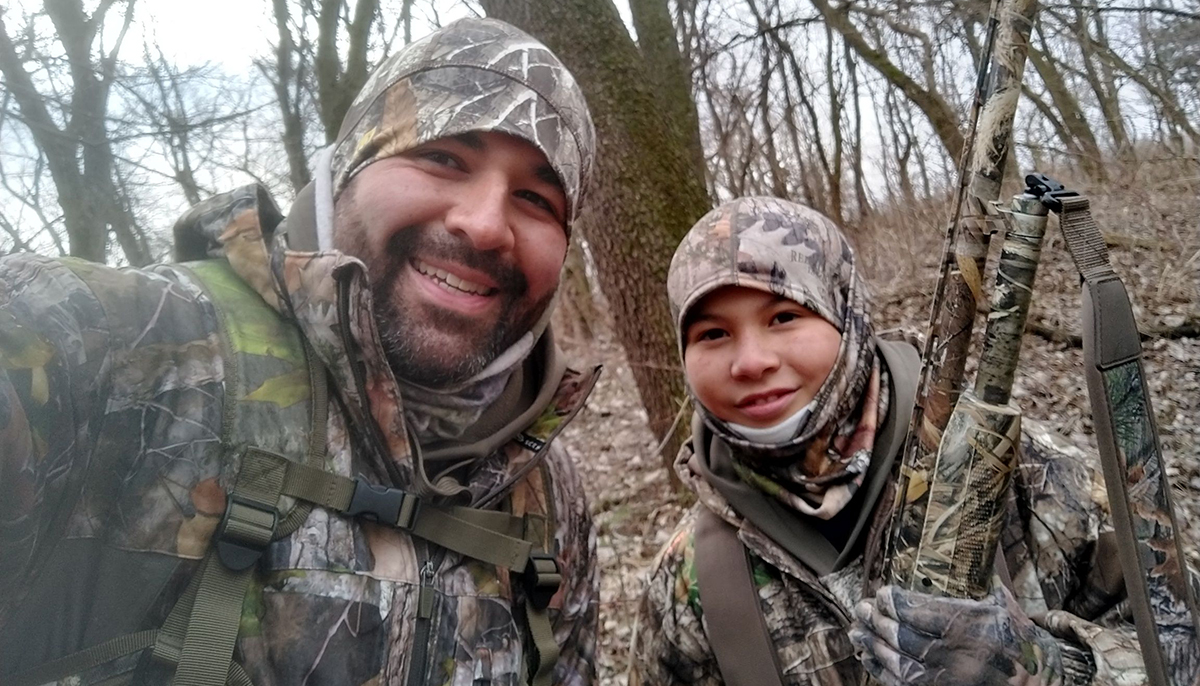
I grew up in the Northwest suburbs of Chicago where there were not many opportunities to learn to hunt or even to interact with people who did hunt. Still, I was around 11 years old when the idea of hunting first came to my mind. My dad brought home what I thought was sausage, but it turned out to be venison. I thought it was delicious and asked my dad if we could try hunting. But he didn’t see the appeal, and that was the end of that.
For my father, an immigrant from Mexico who came to the United States in the 1960s, being here was about working, providing, and trying to live a more comfortable life than where he came from. Much of my family life while growing up revolved around work. Not only did my dad not have much time for recreational activities, he also would have had nowhere to take me hunting. I understand now that my circumstances as an adult, in contrast, allow me more free time and the opportunity to pursue things I have wanted to do for a long time.
I no longer see hunting as an extracurricular activity only for myself, however. Now more than anything, I want my children to experience hunting and to create lasting memories together. This is what made me decide to finally pursue hunting as an adult.
But how does one become a hunter? Hunting is a recreational activity that many participants first become exposed to at a young age through an older family member or mentor. Hunting knowledge and traditions are often passed from one generation to the next, and many hunting families own their own land. This provides both a place to hunt game and the opportunity to learn and practice without outside pressures.
Taking up hunting can be a lot harder for individuals like me, who did not grow up around it or have a place to go. This is particularly true in Illinois, where 97 percent of land is privately owned.
For many hunters, even seasoned ones, finding a place to hunt has become more difficult. While Illinois has public land for hunting scattered throughout the state, finding a place to go that isn’t already saturated with other hunters can feel like a daunting task. This can be felt even more so by people who might be interested in hunting, but who lack the experience or the confidence to try it for the first time in a crowded, public setting.
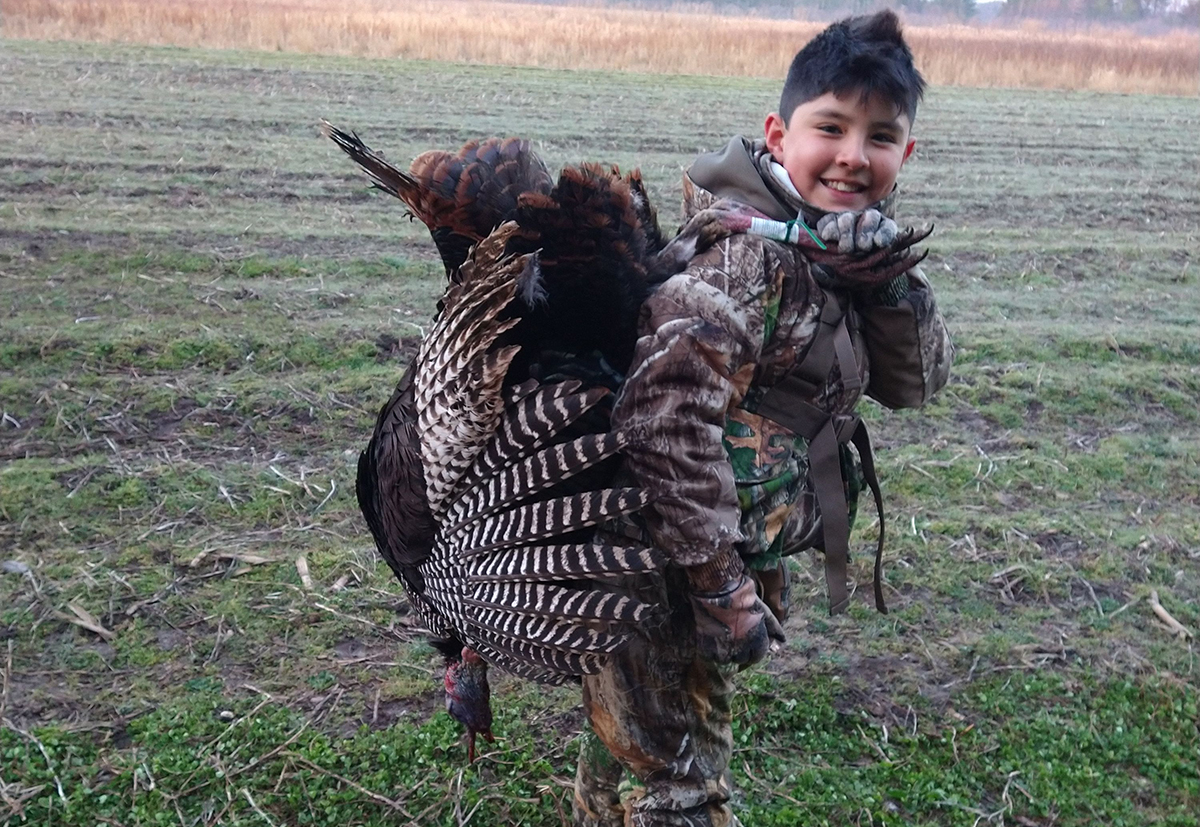
Luckily, a buddy and I came across an Illinois Learn to Hunt Program workshop on waterfowl hunting. The Illinois Learn to Hunt Program is an extension program through the University of Illinois Urbana-Champaign that provides free education and training workshops to teach adult participants how to hunt a variety of game. We went to the event, which eventually led to me participating in my first deer hunt.
Having decided that hunting was something that I enjoyed and wanted to continue doing, my next goal was to find a place to take my children hunting. As a parent, my primary concern was safety. I’ve been to places that are open to the public and where there are 20 to 30 people all in a relatively small area. I’m not comfortable with that kind of environment for my children.
Fortunately, the Illinois Learn to Hunt Program had some information about the Illinois Recreational Access Program. IRAP is funded through the federal Voluntary Public Access and Habitat Incentive Program—authorized by the Farm Bill—and is maintained through partnerships between the Illinois Department of Natural Resources and other conservation entities. The program’s goals since its inception in 2011 has been to increase public access, provide outdoor recreational activities, improve habitat on private lands, and contribute to the recruitment, retention, and reengagement of hunters.
IRAP leases over 27,000 acres of private land in 52 counties in Illinois for youth turkey hunting, adult spring turkey hunting, archery deer hunting, youth shotgun deer hunting, upland game hunting, waterfowl hunting, and rabbit and squirrel hunting, as well as pond and river fishing.
I contacted the program and learned about the opportunities available for first-time hunters and youths. So far, I have only taken out my two sons, Arturo, 12, and Diego, 10, both of whom have already developed a lot of enthusiasm for hunting. Diego was so excited when he harvested in his first buck, and Arturo loves being able to get up close and personal with wildlife. He was so thrilled when a coyote passed only yards away from where we sat quietly watching turkeys.
Although both boys have a lot of energy and enthusiasm, they are very different from one another. Diego is extremely active, so I can take him anywhere and he will push through if something is difficult. My other son, Arturo, is autistic, and he has a couple learning disabilities and more significant needs. Arturo likes to do the same things his brother does, so I want to make sure I can take him with me when we go hunting. One of the reasons I appreciate IRAP is because it seeks to take needs like Arturo’s into consideration. The program tries to accommodate the specific needs of its participants when assigning properties. If it did not do this, it would be very hard for Arturo to participate in hunting sometimes.
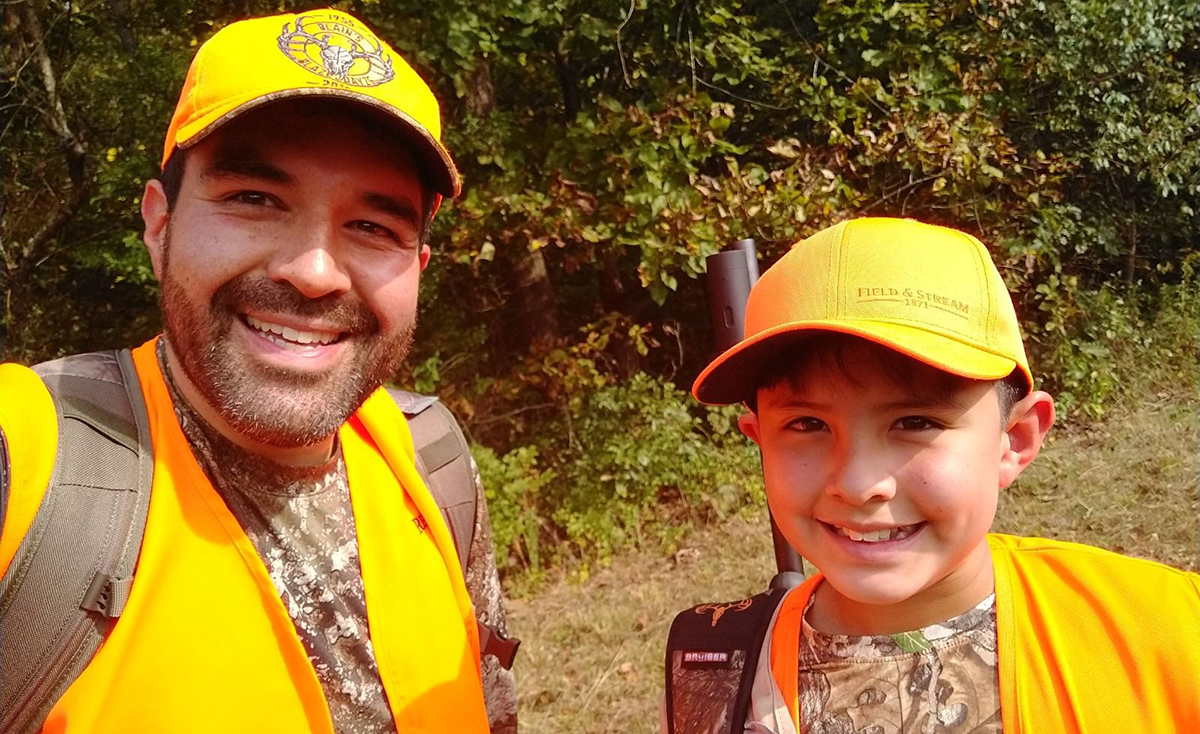
My wife Xochtl and I also have two daughters, Natalia, 6, and Annabelle, who is 3. I plan to take both of them hunting when they around age 7 or 8. Natalia already wants to go goose hunting, and while I will take her with us, she is just going to observe and enjoy some hot chocolate and donuts.
The gap between new and seasoned hunters these days is becoming increasingly noticeable. One of the reasons for this is the lack of places to go, regardless of how long one has been hunting. Hunting doesn’t just provide funding for conservation; it also provides unique outdoor experiences and carries with it traditions that can create lasting memories. Luckily in Illinois, programs like Illinois Learn to Hunt and IRAP exist so that both parents and children can try hunting and continue to have places to go develop these skills. Without these programs and the landowners who enroll in them, it would be much more difficult for people like me and my family to hunt. I am so grateful to be able to create these memories with my children and help them gain an appreciation for the outdoors that they can pass down to their children.
Editor’s Note: The critical source of funding for state walk-in access programs like IRAP does not currently meet demand from wildlife agencies or hunters. Help the TRCP address this vital need and call for a stronger Voluntary Public Access and Habitat Incentive Program in the next Farm Bill.
Alex Davis is the IRAP marketing and outreach specialist at the Illinois Department of Natural Resources. Click here to learn more about this successful recreational access program and watch a video about the Juarez family’s journey into hunting.


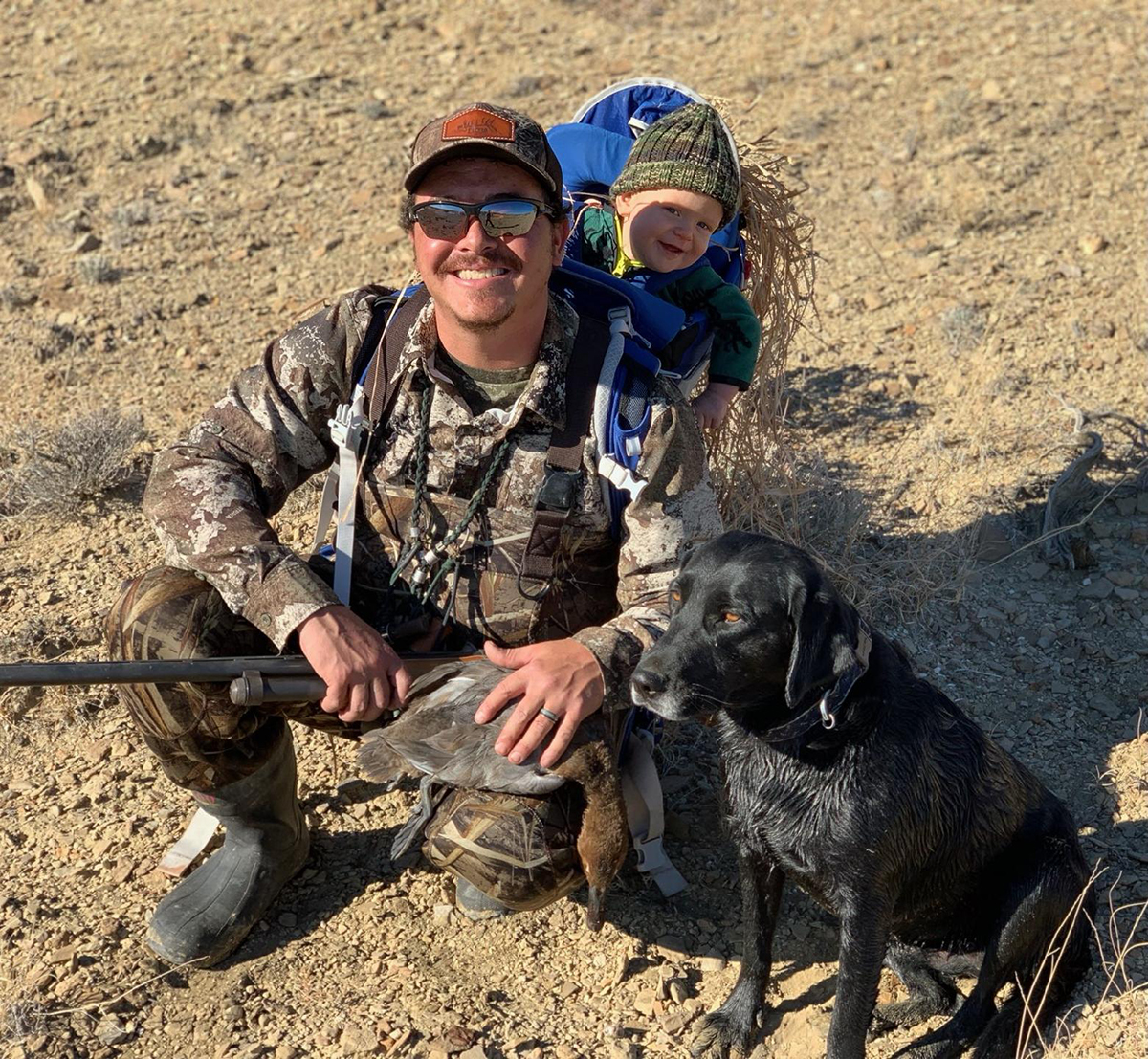
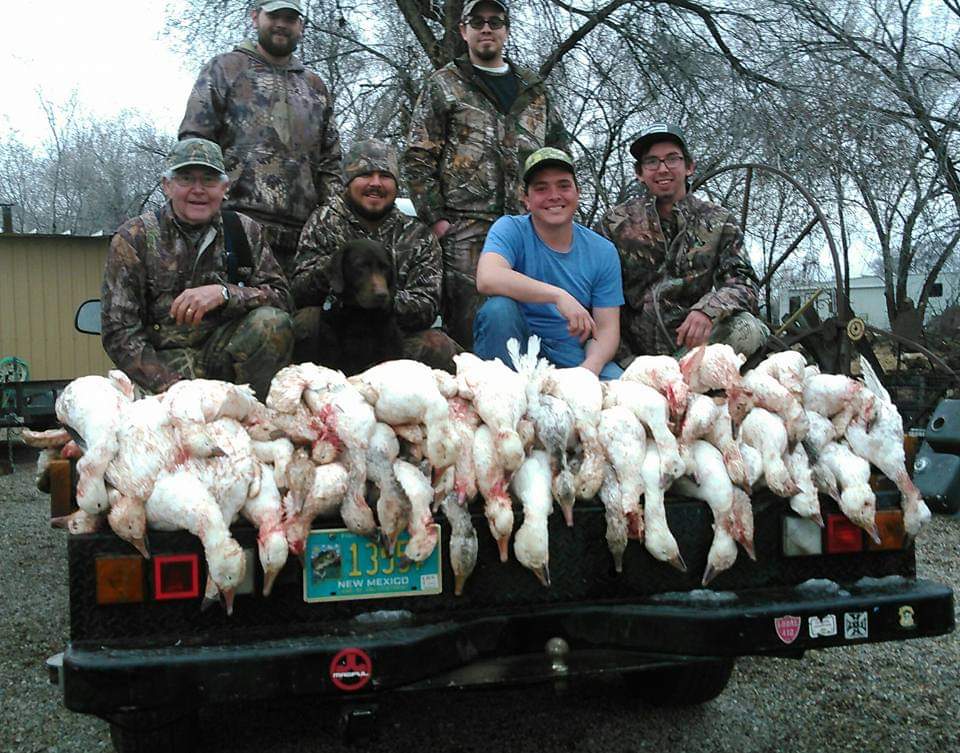
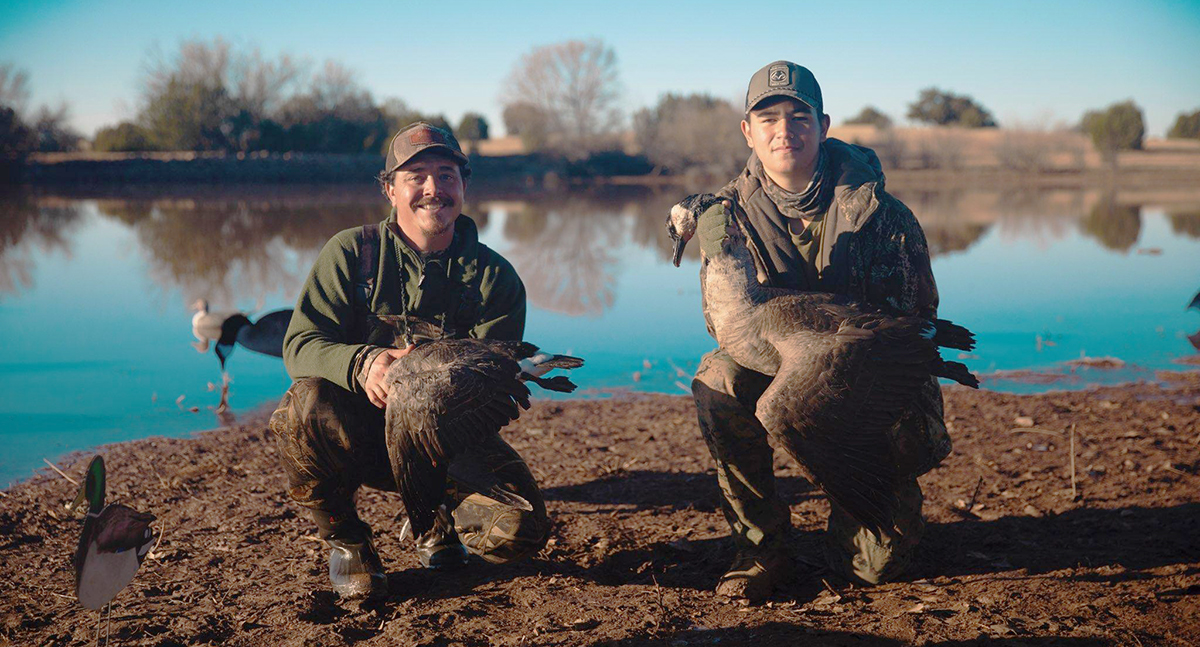
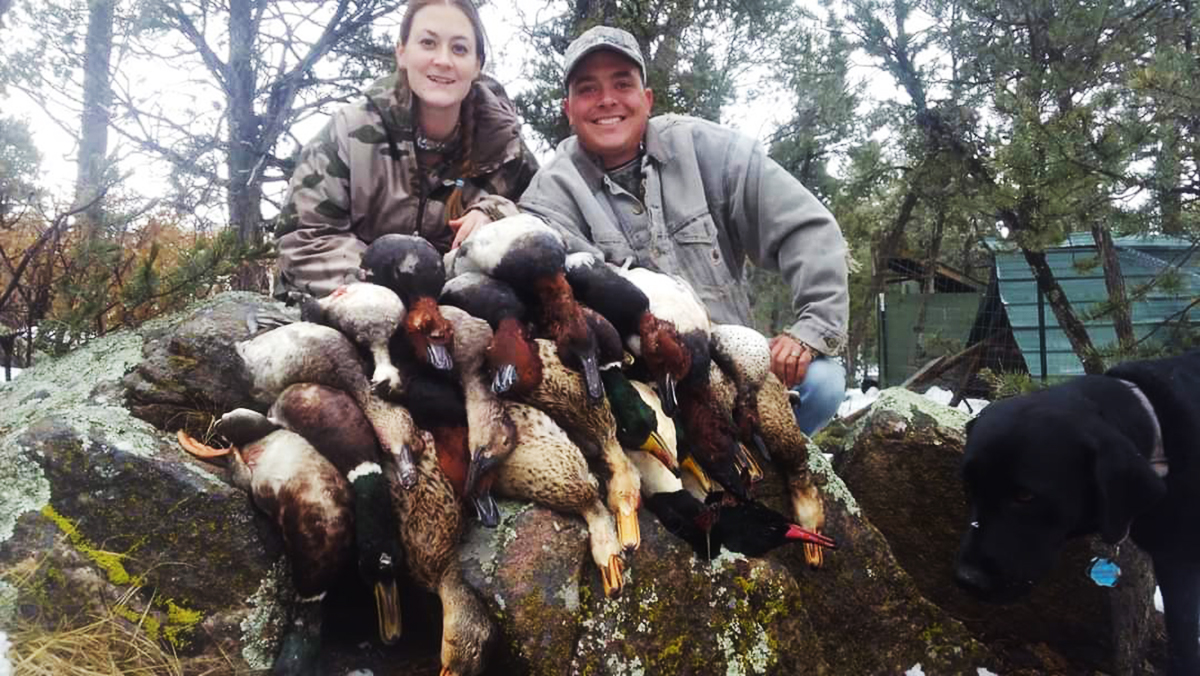
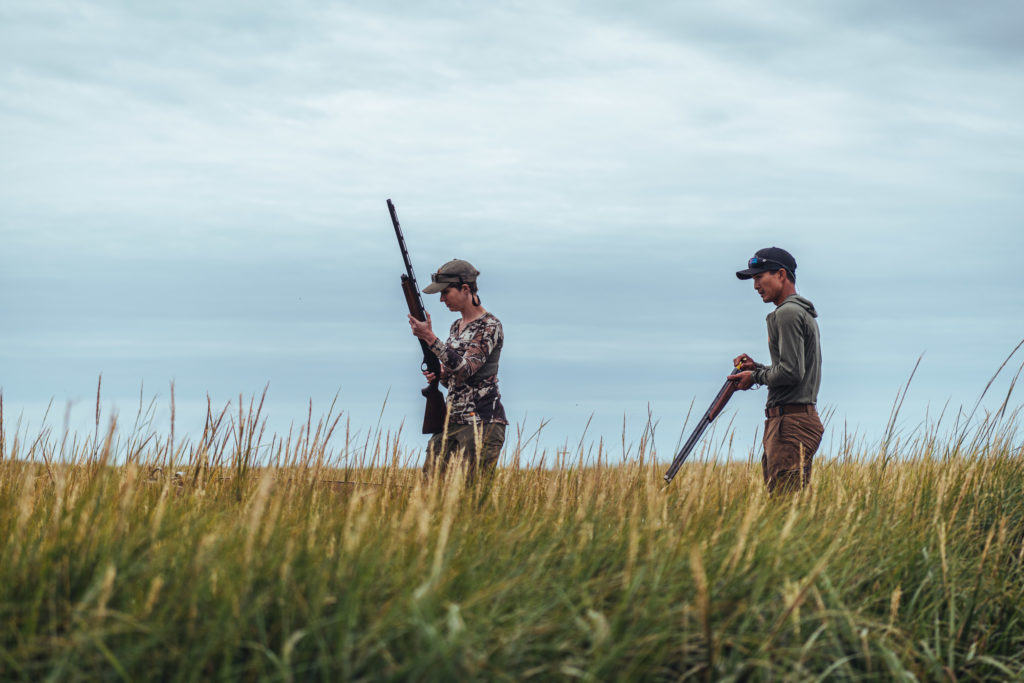
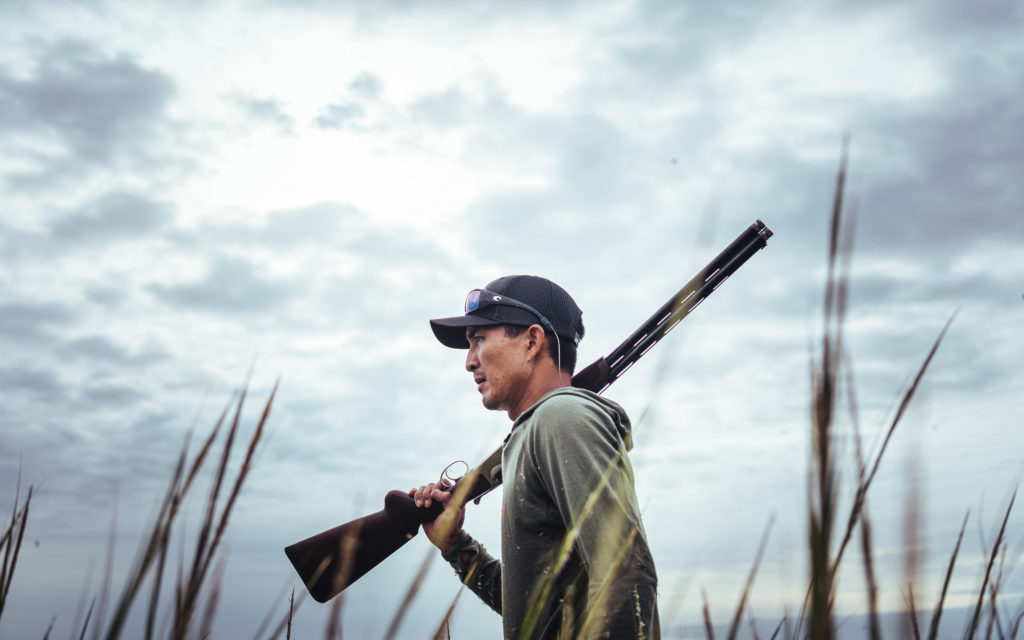
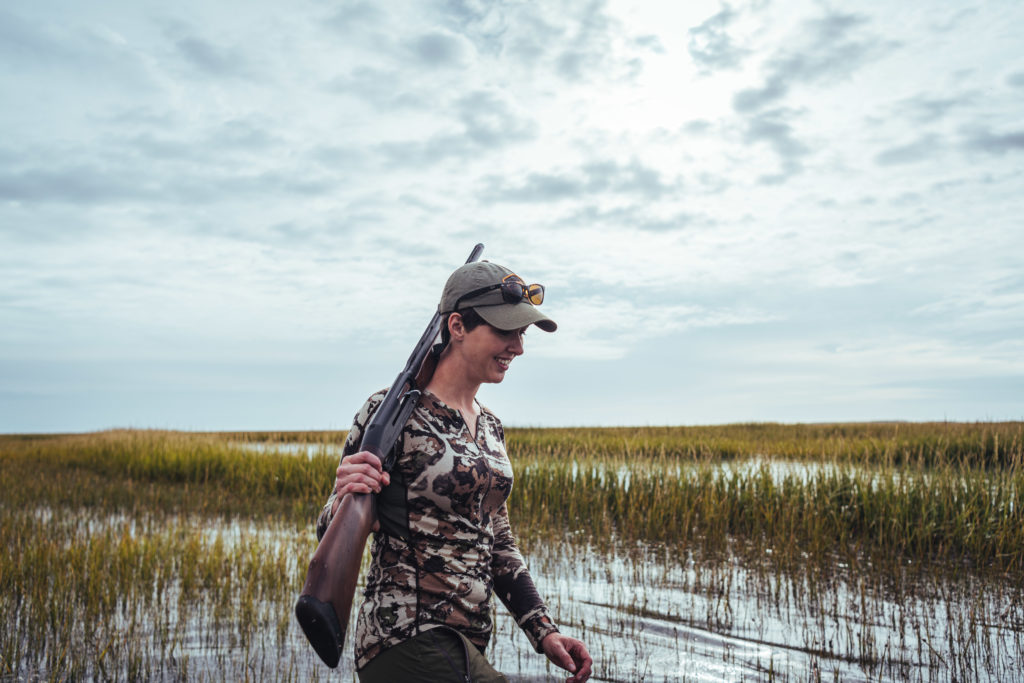
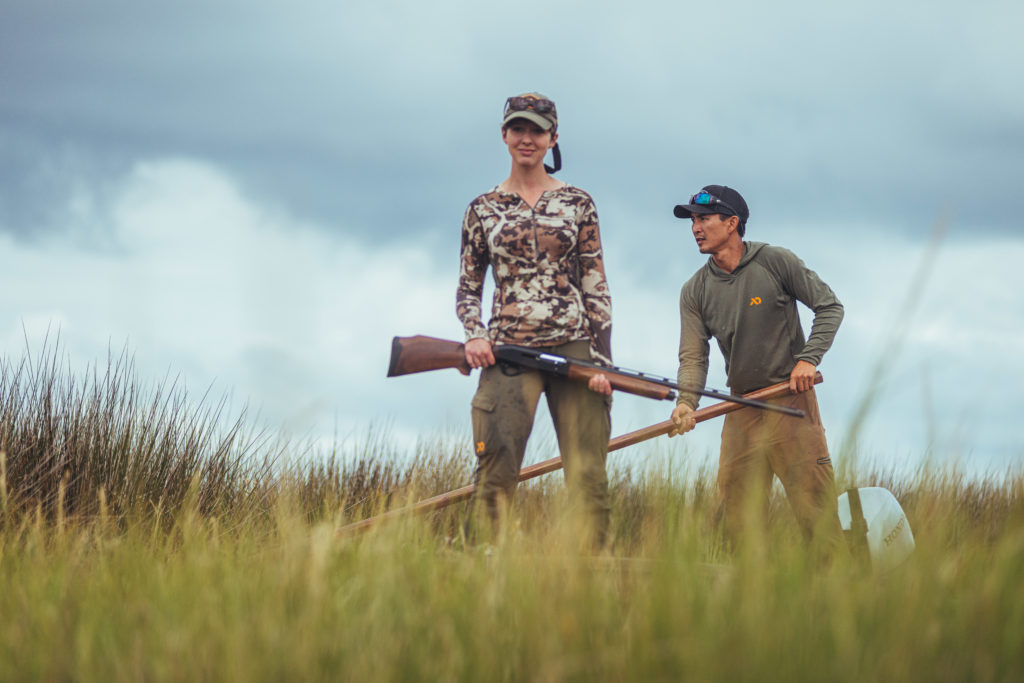
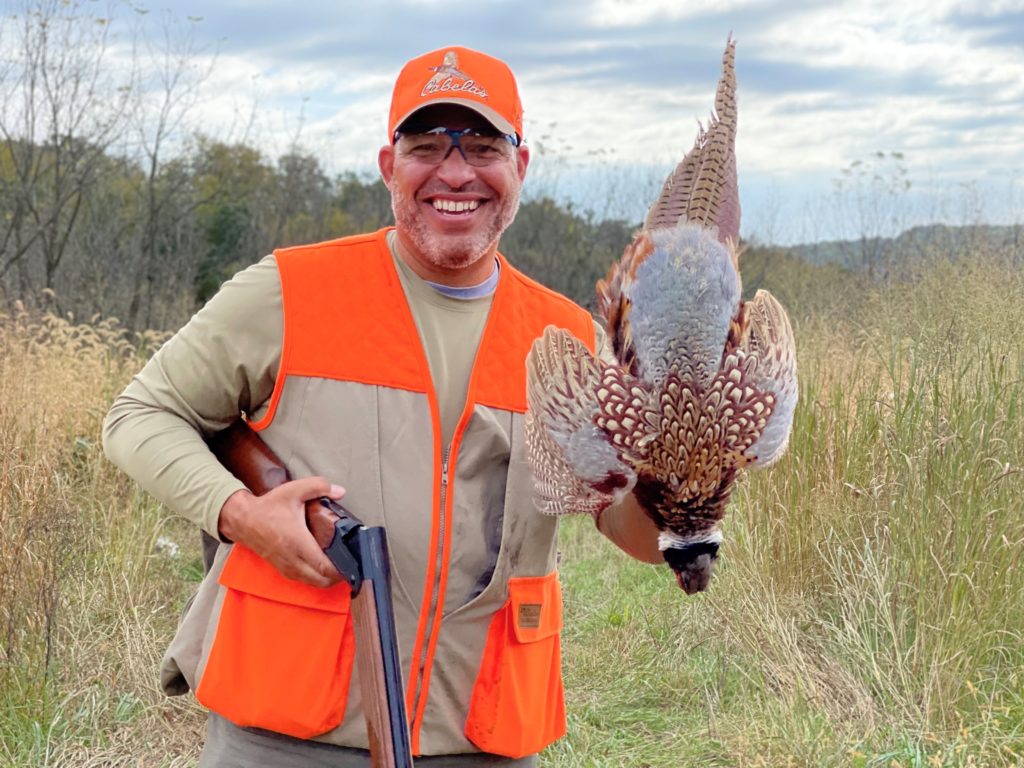
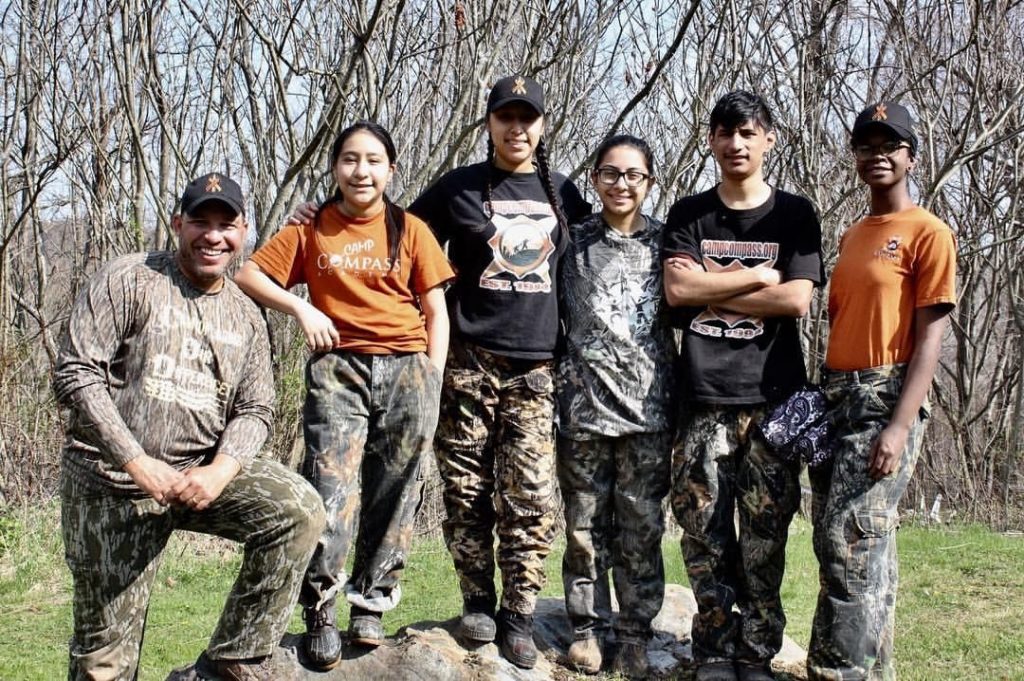
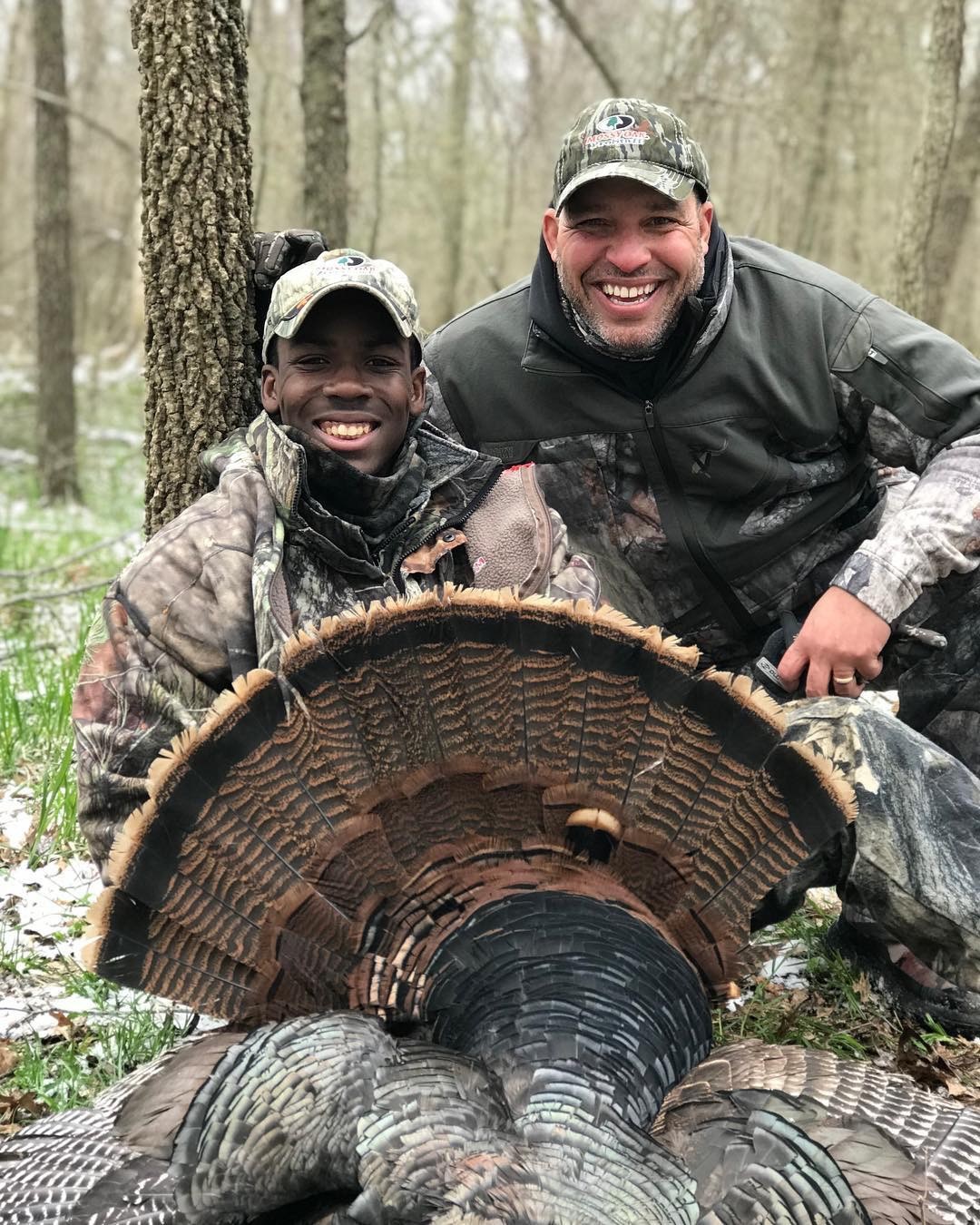
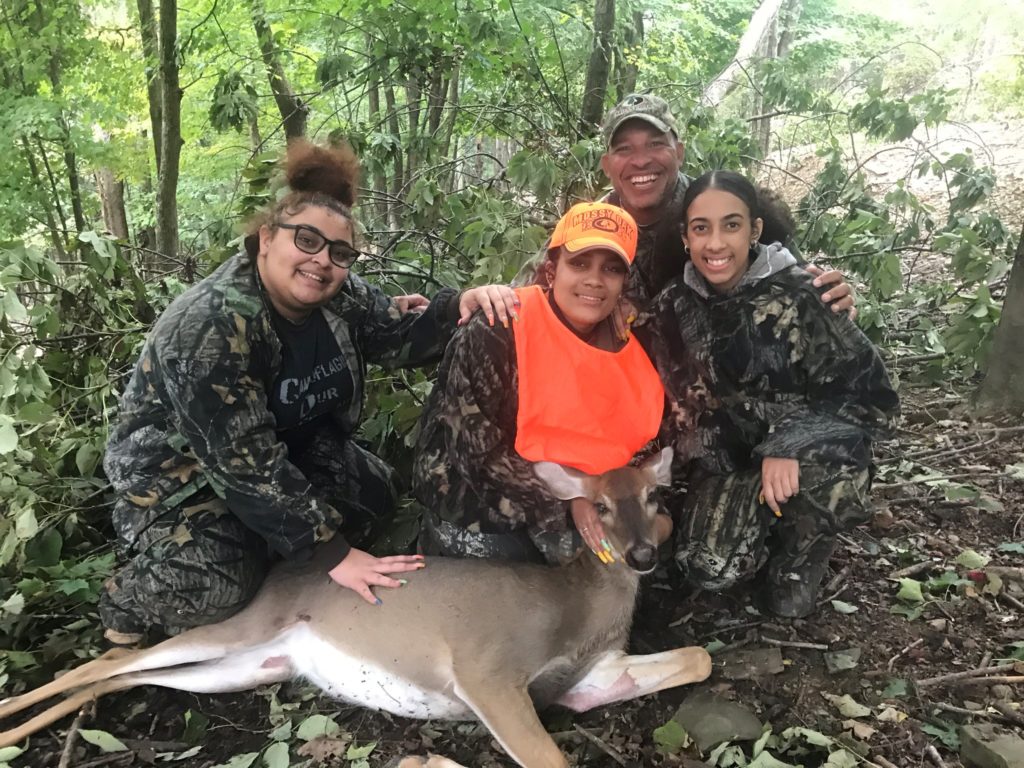
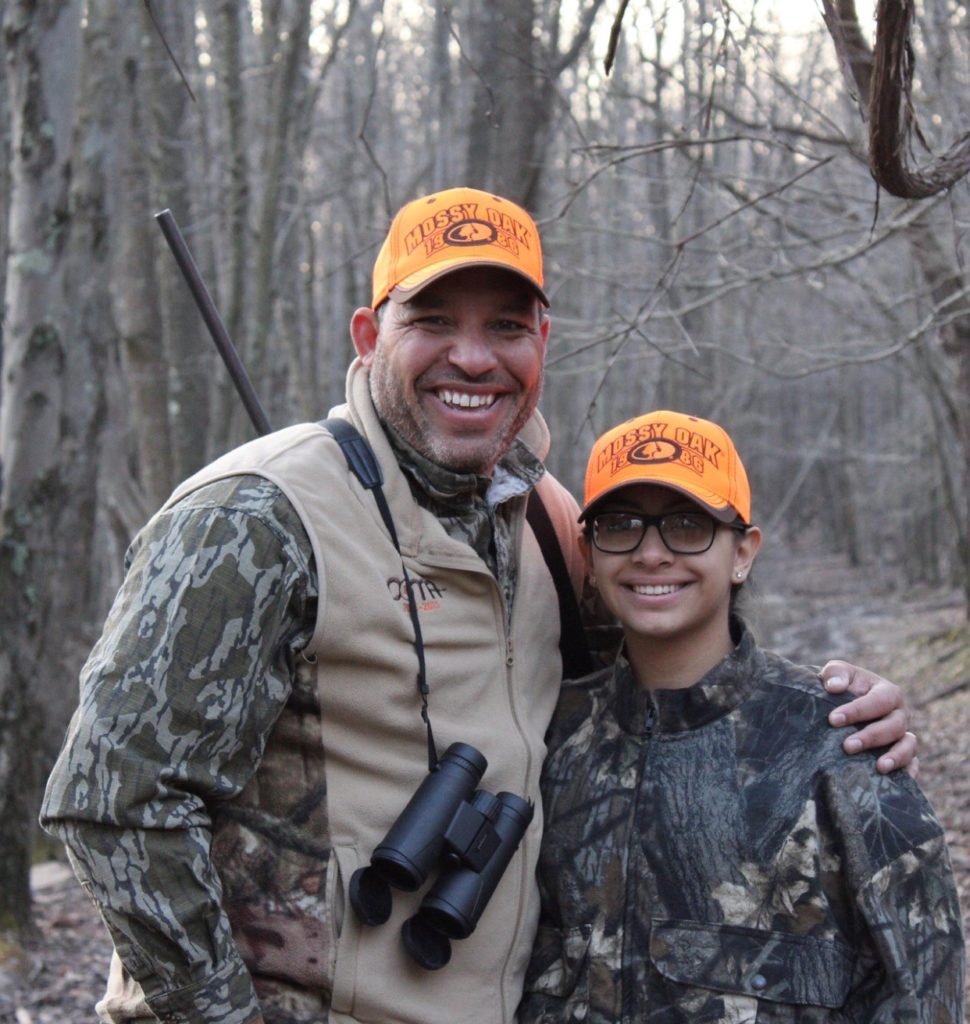
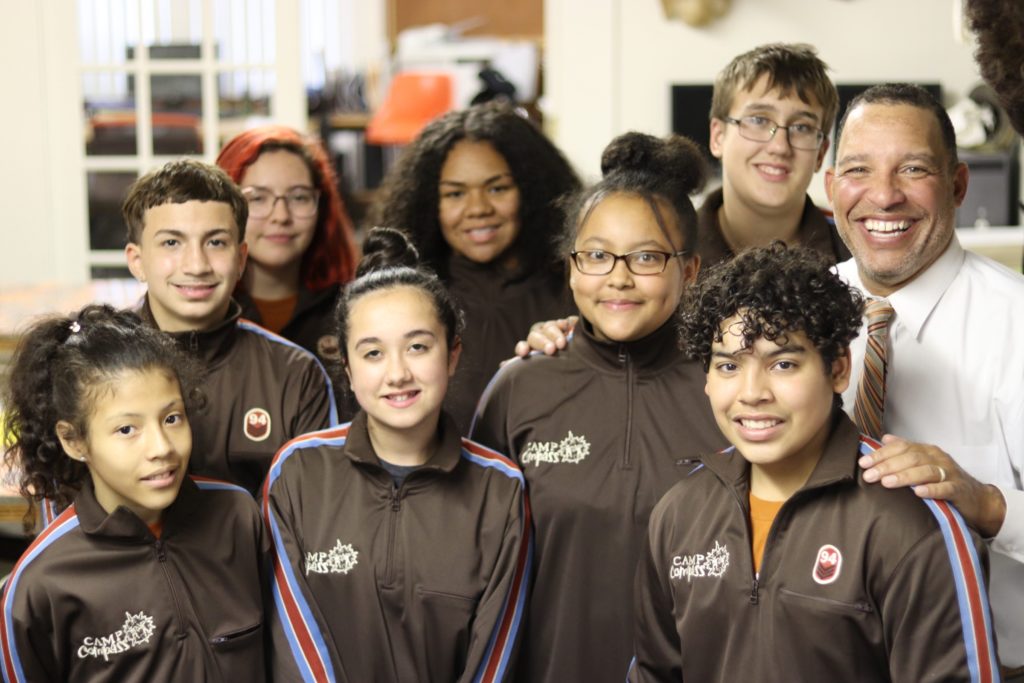
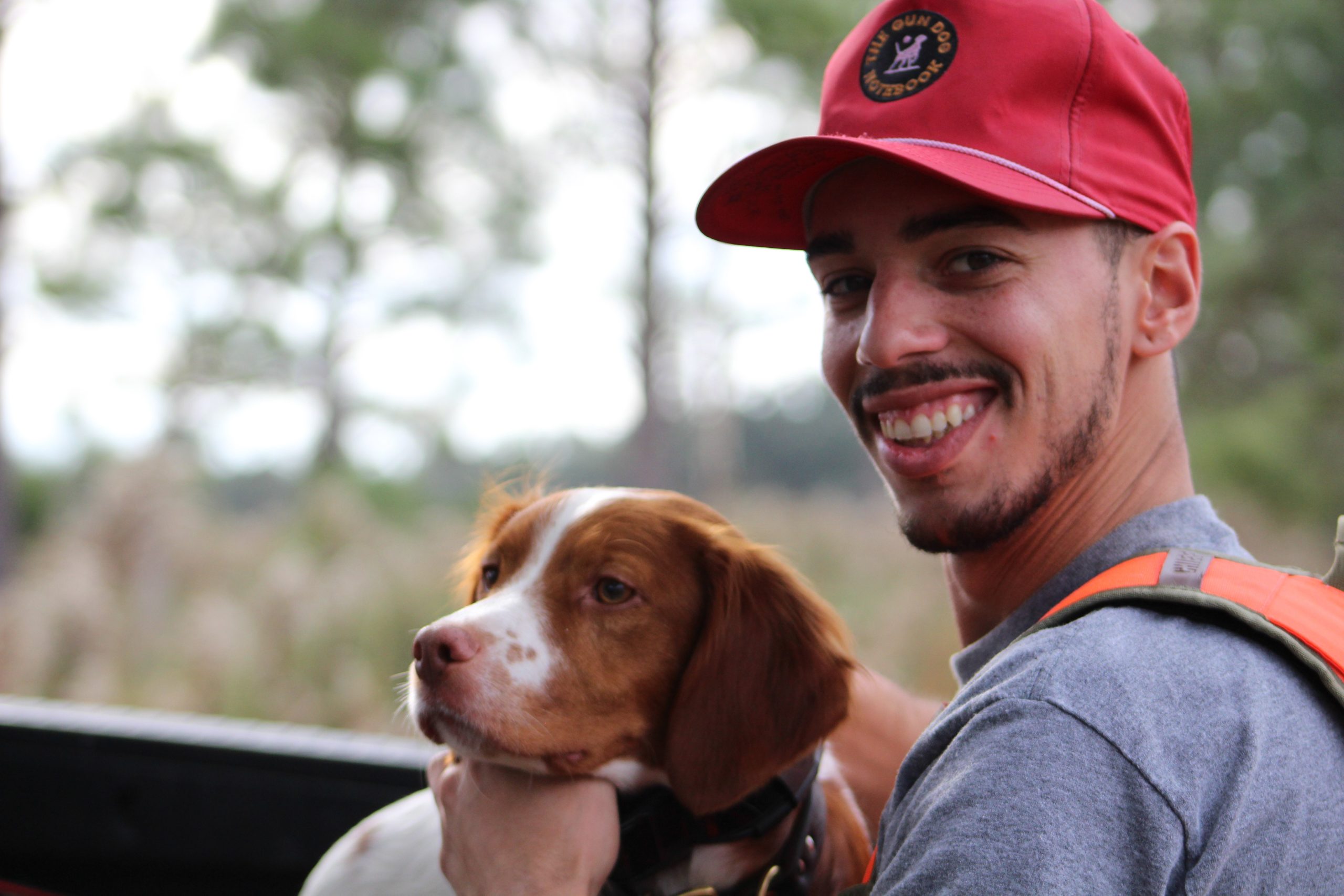
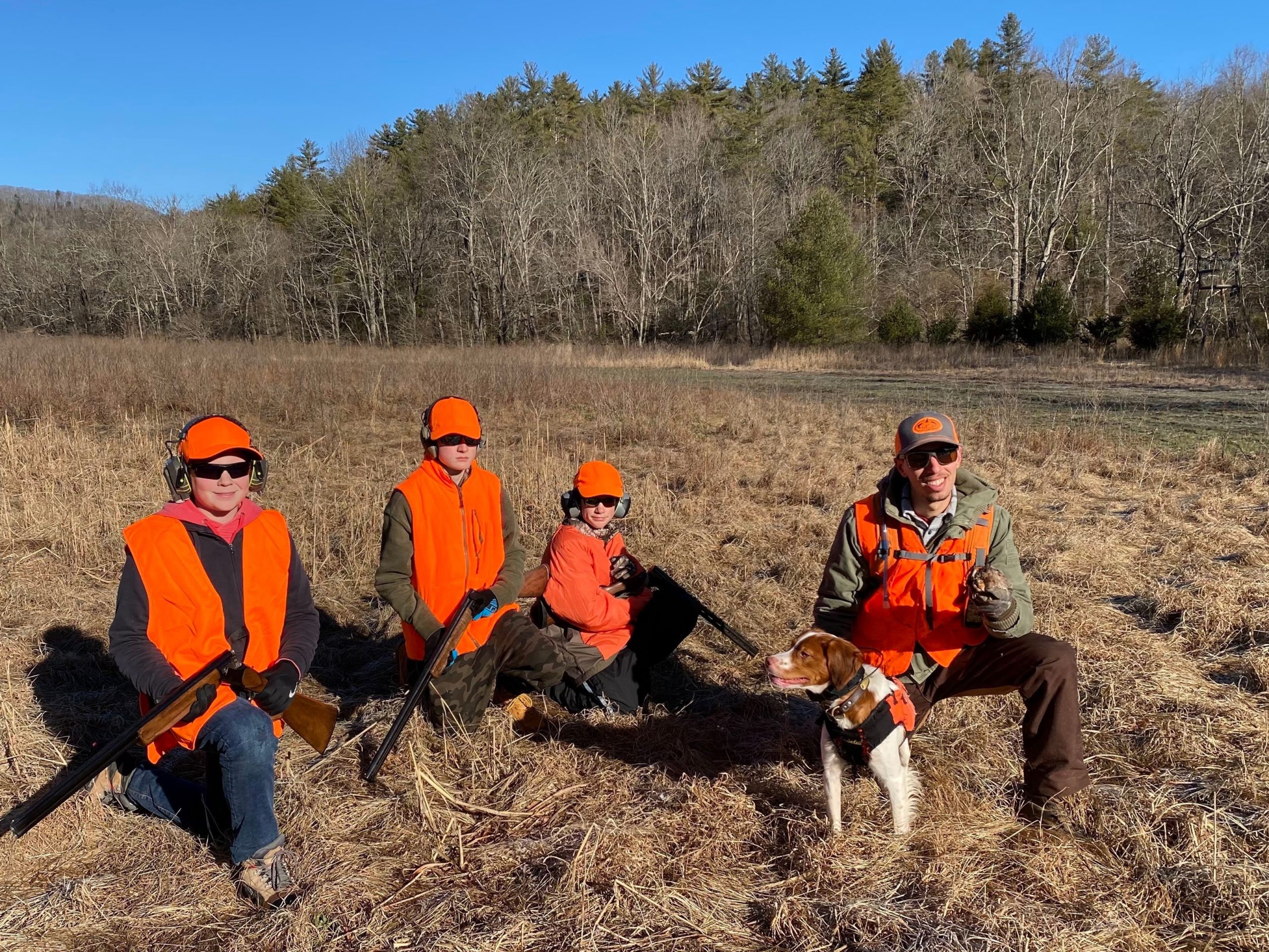





As a minority in hunting and someone who is largely self taught as a hunter and angler, I found this article both inspiring and informative. My hat is off to Mr. Juarez for embracing the hunting world, getting his children involved, and sharing his experience so that others can be inspired to also! Way to go Ramiro!